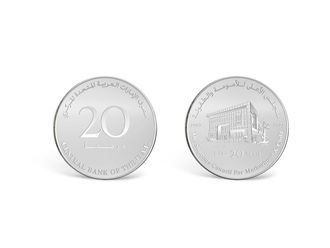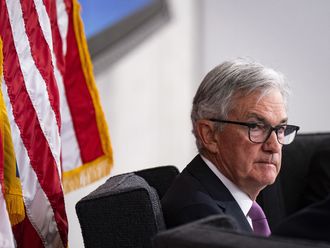Dubai: International credit rating agency Moody's Investor Services yesterday assigned a stable outlook to the Saudi banking system.
The outlook expresses the agency's expectations for the fundamental credit conditions in the Saudi Arabian banking system over the next 12-18 months.
"The outlook for the Saudi Arabian banking system remains stable based on the country's benign operating environment, the expected decline in problem loan levels, as well as Saudi banks' supportive capital, profitability and liquidity attributes," Moody's said in a report.
Most of these positive drivers are counterbalanced by structural weaknesses that include high loan and deposit concentrations, the opacity of family conglomerates and a vulnerability to a sustained drop in oil prices, Moody's said.
Non-oil sector
The rating agency expects strong growth in non-oil private sector gross domestic product to support the banking sector's growth.
Saudi Arabia's non-oil private sector GDP is projected to expand 4.8 per cent in 2011 and 5.2 per cent in 2012, supported by the spill-over effect of high government spending that supports banking performance.
"We expect low government debt levels and a large accumulation of reserves to enable Saudi Arabia maintain high levels of spending and remain resilient to oil price fluctuations over the outlook period," said Christos Theofilou, an analyst with Moody's.
Saudi banks continue to be highly profitable, supported by non-interest bearing deposits. Going forward, the rating agency expects profitability to strengthen due to lower provisioning requirements, although the low interest-rate environment and moderate private sector loan growth will weigh on pre-provision income.
Political fallout: Lebanon downgraded
Moody's yesterday changed the outlook on Lebanon's banking system to negative from stable.
The key drivers of credit risk within this system are slower economic growth, following a sharp GDP deceleration in first half of this year, downside economic risks due to regional political uncertainty, particularly in Syria and the banks' asset and loan exposures to other regional countries experiencing political unrest and/or economic slowdown. Although non-performing loans improved during 2006-10, it is now more likely that this trend will reverse.












